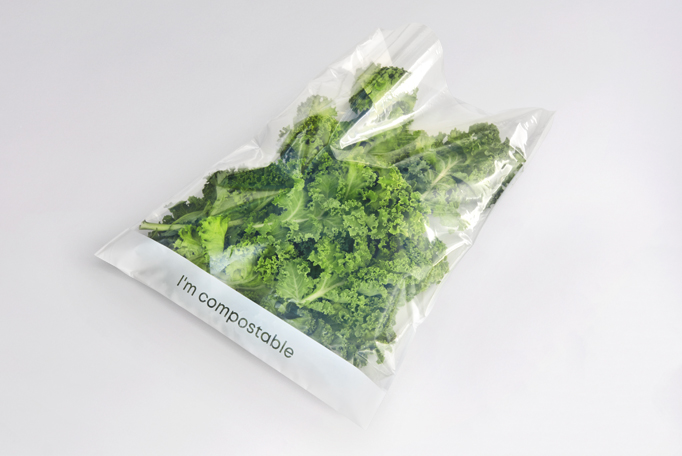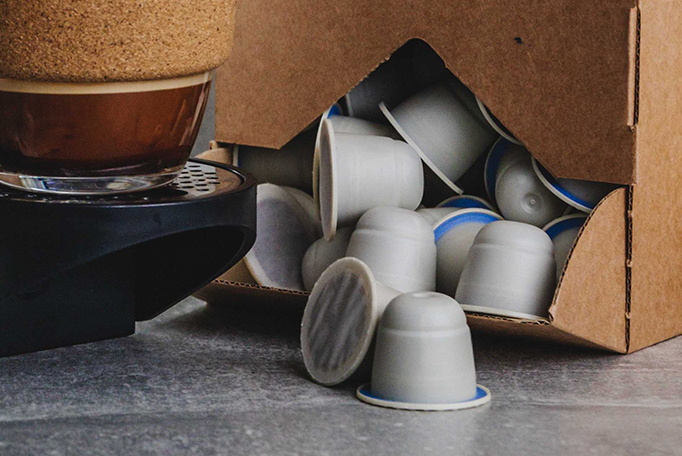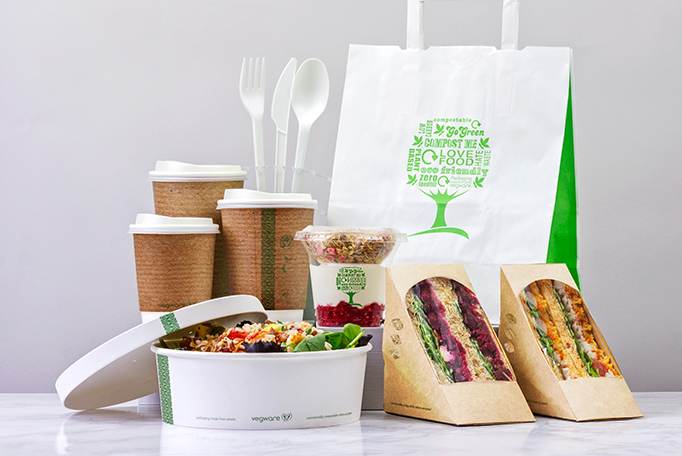Our mission
Why compostable packaging
Closing the Loop for Compostable Packaging
Over 1.3 million tonnes of plastic packaging and roughly 50% of plastic packaging in the UK is not being recycled.
One of the key reasons for this is that most plastic packaging products are simply not fit for recycling.
Our ‘Closing the Loop for Compostable Packaging’ project focuses on three types of such widely used plastic packaging which are all considered ‘hard-to-recycle’ and have negligible to no recycling venues in the UK or worldwide:
- Consumer flexible packaging (such as crisp bags and fresh produce bags)
- Small formats (such as coffee pods and tea bags),
- Single-use service ware.
Together, these three application segments represent over 25% of non-recycled plastic waste in the UK.
We aim to demonstrate how we can achieve full circularity for such packages with existing technology by ensuring such compostable packaging is fully integrated with the bio-waste recycling infrastructure.

Consumer flexible packaging
Consumer flexible plastic packages 40% of consumer goods and represents ~25% of plastic waste in the UK. Yet merely 6% is recycled due to multiple challenges associated with collecting, sorting, and recycling such packaging.

Small formats
Small format plastic packages such as coffee pods and tea bags create significant challenges to recycle as they are heavily contaminated with food and cannot be processed at recycling centres. In the UK 1 billion coffee pods and over 60 billion tea bags are consumed per year. Yet most cannot be recycled.

Single use tableware
It is estimated that in the UK about 200K tonnes of plastic tableware is used per year while none is fit for recycling.
Compostable Coalition UK’s ‘Closing the Loop for Compostable Packaging’ project received £1.2M grant funding from UK Research & Innovation's (UKRI) flagship £60 million Smart Sustainable Plastic Packaging Challenge to support our 24-month research and demonstration project.
